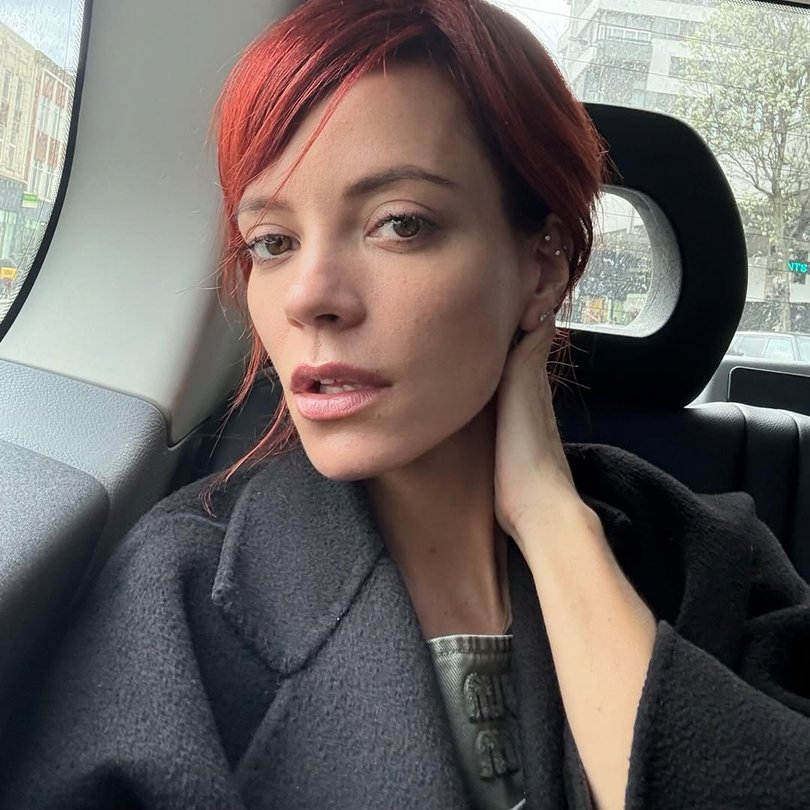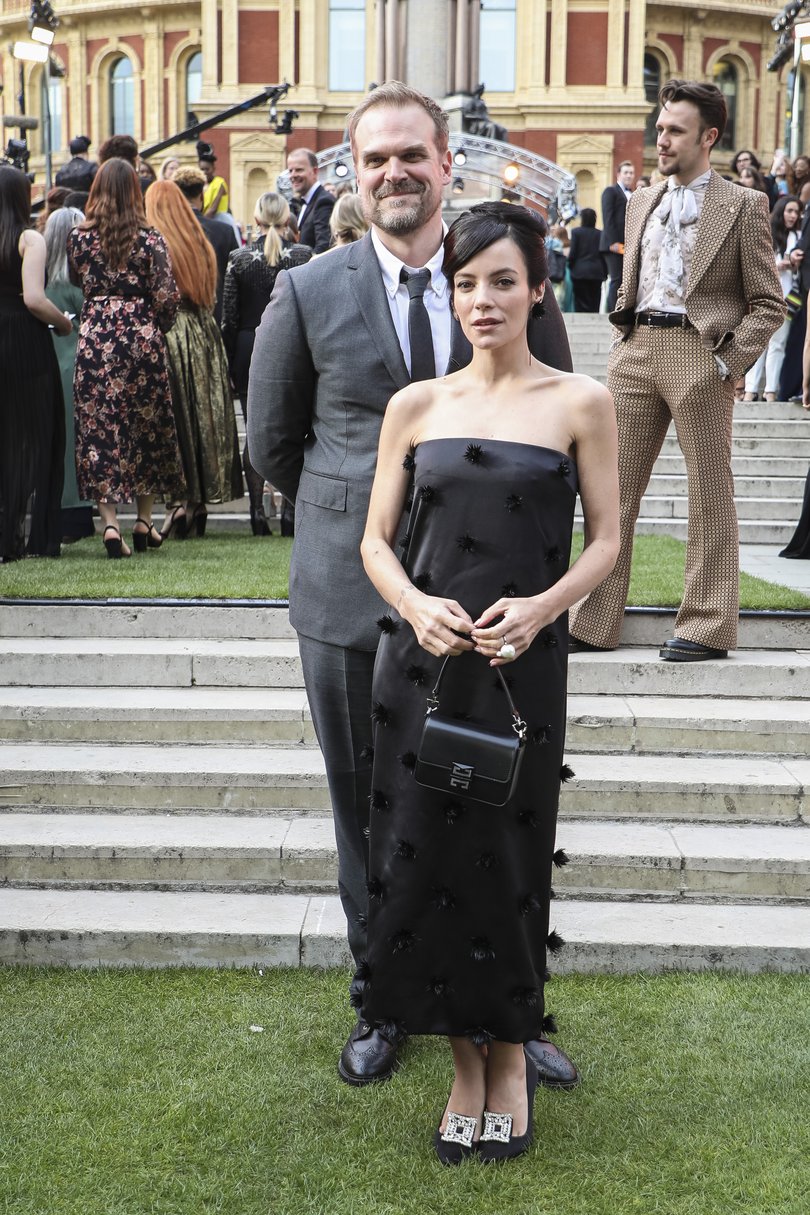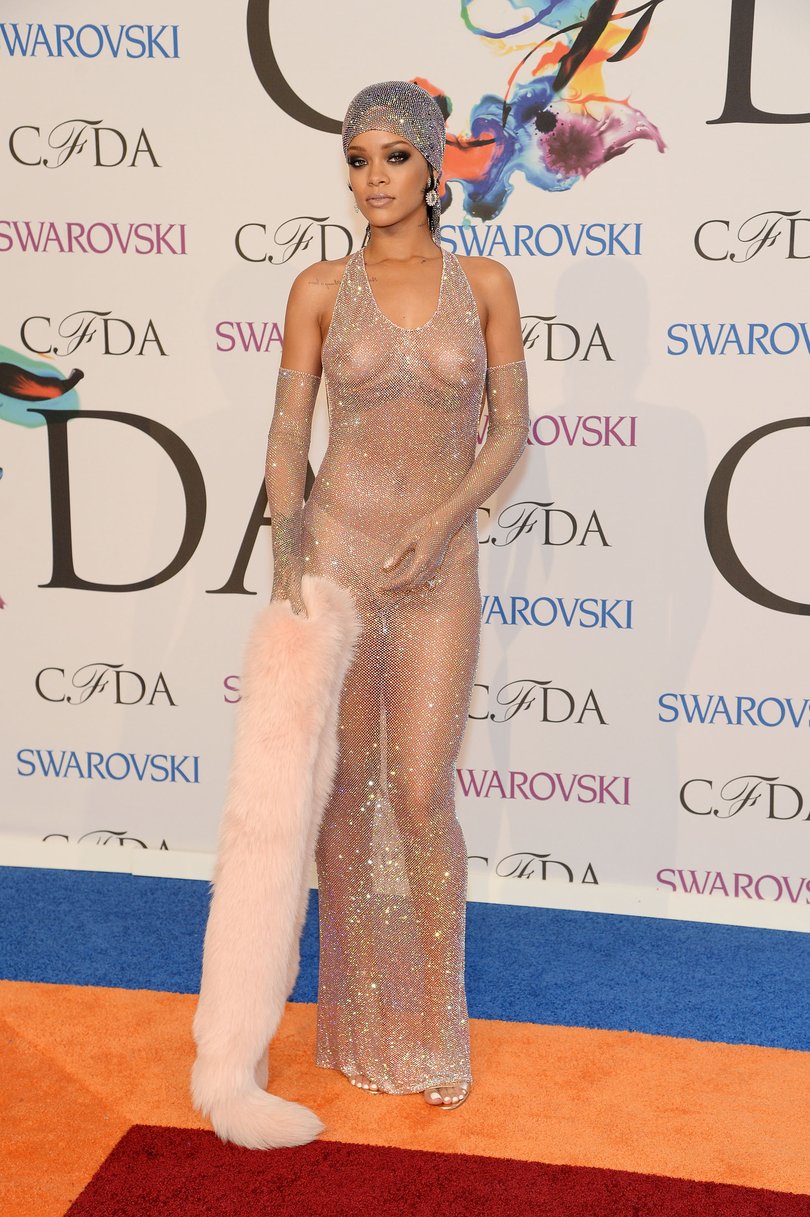West End Girl: Lily Allen’s public airing of her dirty laundry with David Harbour is a good thing
The singer’s public scathing of her estranged husband David Harbour in her new album is the latest in a long tradition.

Taylor Swift may the queen of the break-up track but even she can’t compare to Lily Allen and her eviscerating new album, West End Girl, which tore strips off her estranged husband David Harbour.
Allen’s public airing of their marriage breakdown may make some blush and blanch, but it’s part of a long tradition in music.
Did Ellie Goulding cheat on Ed Sheeran with Niall Horan? If you listen closely to his song, Don’t, you may very well believe she did.
Sign up to The Nightly's newsletters.
Get the first look at the digital newspaper, curated daily stories and breaking headlines delivered to your inbox.
By continuing you agree to our Terms and Privacy Policy.Alanis Morissette wouldn’t confirm to ex-boyfriend Dave Coulier whether the scathing hit You Outta Know was about their time together in the early 1990s, while Rihanna’s 2010 ballad Cold Case Love is explicitly about her relationship with convicted abuser Chris Brown.
Singers and artists from George Harrison (So Sad) and Carole King (It’s Too Late) to Sheryl Crow (My Favourite Mistake) and Justin Bieber (Love Yourself) have exorcised their feelings through music.
Swift has built a career on it, with her former dalliances a favourite subject and featuring on dozens of ditties. John Mayer, an ex, said he felt “humiliated” by her song Dear John, and that he “never did anything to deserve that, it was a really lousy thing to do”. He later penned Paper Doll about her.
She’s sung about Taylor Lautner, Joe Jonas, Corey Monteith, Harry Styles and, of course, Jake Gyllenhaal, who is widely believed to be the inspiration for All Too Well. The “scarf” she left at his sister’s house (Maggie Gyllenhaal’s Brooklyn brownstone?), is open to interpretation.
The lyrics are raw and earnest, she sang about how he left her feeling like “a crumpled piece of paper lying here”. Oooph. The heartbreak.
Swift’s oeuvre of the break-up genre looks wholesome next to Allen’s fired-up record.
She dropped that record like a bomb, teasing only in the days leading up to it that something was coming and that it would draw from her life with Harbour and the disintegration of her marriage.
She has since pared back her Instagram profile to just six posts on the grid. West End Girl is doing all the talking

If you take what she sang literally, it is a character evisceration of the Stranger Things and Marvel actor, from him pressuring her into an open marriage while she was an ocean away, to the messages she found his phone, to him making her feel like she was crazy.
The line in Sleepwalking, “But you let me think it was me in my head, and nothing to do with them girls in your bed”, is classic gaslighting.
West End Girl is a public catharsis. It’s Allen reclaiming power in a moment in her life when control slipped away from her, first little by little, then all at once.
She told British Vogue earlier this month, “There are things that are on the record that I experienced within my marriage, but that’s not to say it’s all gospel. It is inspired by what went on in the relationship.”
So, there is no one named Madeleine, a character who features as the “other woman” on the album, with even a song named after her. Rather it’s a composite of a bunch of different women who factored into their marriage.
Allen and Harbour were married in 2020 and separated at the start of this year, not long after she said on her podcast that she had been mentally spiralling.
Any relationship breakdown is difficult, and there would be plenty of people who think that “airing dirty laundry” should not be the done thing, that it’s tacky or classless or some other old-fashioned etiquette thing.

But there is another side to it, especially when it involves public figures – and artists, whose work are often fuelled by their personal experiences. That work, in turn, resonates with everyone else who gleans some relatable truth they couldn’t express in the same way.
That’s the beauty of art. Whether literally or metaphorically, it can reach another person who might be feeling something similar feel less lonely, to have their own experiences validated.
There were plenty of people who judged Princess Diana for going public about the infidelity in her marriage to Prince Charles, but it gave voice to a shared pain that many women – and men – have gone through alone.
A public airing allows everyone to negotiate shared standards, and what we will and won’t, what we should and shouldn’t, accept as how decent people treat each other. It allows for the push and pull of social boundaries.
A couple of years after Rihanna released Cold Case Love, she told CNN, “It’s a song that everybody wanted to hear, everything that I didn’t say for the past eight months, exactly how I felt about that relationship and how I feel about it now – that songs says it all.”
It did, and it put in the public discourse one personal story of living in an abusive relationship, something that has been hidden throughout time, which has enabled it to flourish and continue.

When it comes from someone recognisable and with whom the public has an existing relationship, they’re paying more attention, and empathising. Although Brown still performs to big crowds, and that is something that is truly baffling.
Perhaps this is all unfair to Harbour, but he is a rich and famous celebrity with plenty of opportunities for rebuttal. Although he may not want for a while.
There’s probably a room somewhere, maybe several, in which Netflix publicity executives are freaking out about how the timing of Allen’s album will impact the promotional activities for the release of Stranger Things’ long-awaited fifth season due out in a month.
They will surely pull him from the circuit because even though personal questions are generally banned in junket interviews, just his face popping up on TV, in social media videos or in the magazine profiles that have already been conducted and banked, is a liability.
He can spin all the lines about his character’s journey from isolated cop to surrogate father and hero, or celebrating the work of everyone involved with the show, or the fans’ devotion over the past nine years, all anyone will hear is Allen’s description of “butt plugs” and “hundreds of Trojans” in his “Pussy Palace”.
To quote Cell Block Tango, an iconic song vocalised by wronged women, Allen would argue that Harbour had it coming.

